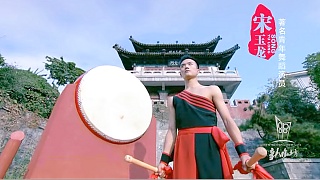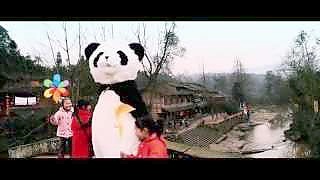China, Laos and Myanmar; mostly China.
Beautiful scenes ...
[640],shadow=true,start=,stop=Live more ...
 Asia trip
Asia tripChina, Laos and Myanmar; mostly China.
Beautiful scenes ...
[640],shadow=true,start=,stop=

|
|

|
With Wei's Travel.
Fuel, food and much more - motorway services, China style ...
|

|
Love is family (and that is all of us). Love is happiness. Love is coming together.
Some early CNY decorations - with Street Snap ...
... More to come - stay tuned ! ...
|

|
Bonus film - Siddhartha, by Hermann Hesse ...
|

|
With Fly Over China ...
|

|
With Pradip Jamnadas ...
Bonus films on the liver ...
|

|
With Blondie in China ...
|